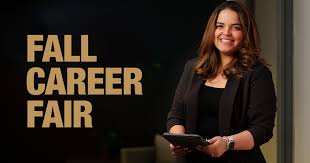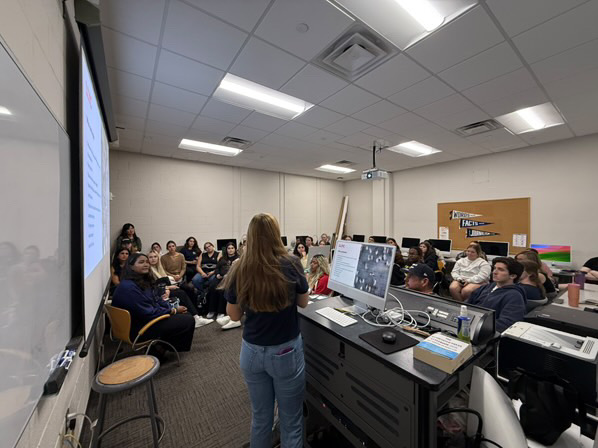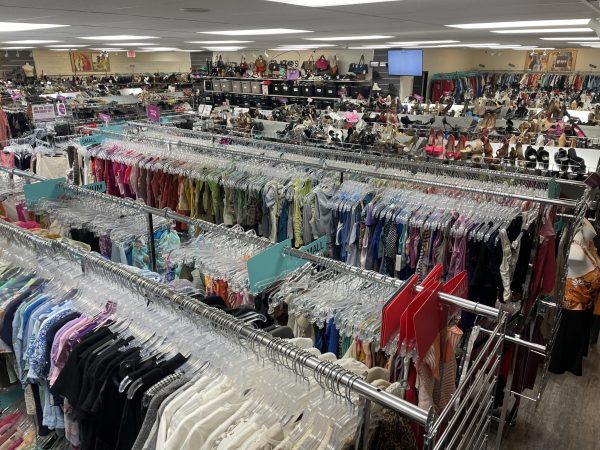Labs have adapted to remote learning
With Oakland University sending its students and faculty members home in the face of the coronavirus pandemic, faculty are concerned about moving forward with the laboratory courses.
After all courses were converted online, all the laboratory courses also started continuing the courses via online for the rest of the semester. According to Ferman Chavez, a professor of the chemistry department, the remaining laboratory courses are moving along by providing students with data or using some pre-packaged virtual labs that were already part of the curriculum.
The same situation applied to research laboratories at OU a couple of days later. Since Monday, March 23, most activities in the laboratory have discontinued, while some vital activities still remain.
“Currently, only essential individuals are being allowed to maintain these activities,” Chavez said.
As most laboratory courses require a variety of hands-on experiments, concerns about moving forward to the rest of the semester are continuing to grow. Major concerns of the faculty about these laboratory courses included student participation and lack of hands-on experiences which are designed to better prepare students for their next-level courses.
“I think student participation in class remained approximately the same; however, I do not have quantitative data since I do not take attendance,” Chavez said. “The main concern with lack of hands-on experience is that students in Gen Chem I will not be prepared for hands-on Gen Chem II labs. This is not as big a concern with the current (Winter) semester but could become a problem if it continues.”
To deal with the problems regarding laboratories, the College of Arts and Sciences has come up with a plan that will better educate its students with the lab courses.
“Since students depend on taking summer chemistry courses to graduate and stay on track, the College of Arts and Sciences has agreed to conduct the courses completely online for Gen Chem I,” Chavez said. “Hopefully Gen Chem II will convert back to hands-on but nothing is guaranteed at this time.”
He also said the labs will be a mixture of watching videos of laboratory techniques, being provided with raw data to work up and write a report on and using simulated laboratory environments where students can conduct their experiments.
“Students have done a remarkable job of adapting to remote learning,” Ora Hirsch Pescovitz, president of OU, said. “It’s really terrific to hear that students are innovative and adaptable. I’m so proud of all of you.”
Being on remote learning for more than four weeks now, one of the most important keys for students’ better understanding of course materials could heavily depend on how faculty members approach this online system.
According to Chavez, faculty members – including himself – are rapidly learning to use online tools and functions on Moodle. The major difficulty in doing so, for many faculty, was conducting exams and quizzes online, when the online testing system can sometimes cause unfair advantage to some students.
“I have been conducting my lectures live through Webex and recording the sessions so that students can have future access,” he said. “I think the students have taken everything in stride and are adapting to the situation.”
Moving forward with the remote learning system, OU students and faculty hope for continuation of the high-quality education and preparation for the future.
“I believe this is a good learning experience for them since being able to adapt to changing situations is a desirable skill to have and a sought-after ability by employers looking for individuals to fill leadership positions,” Chavez said.







